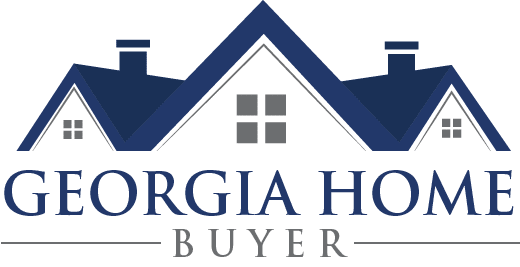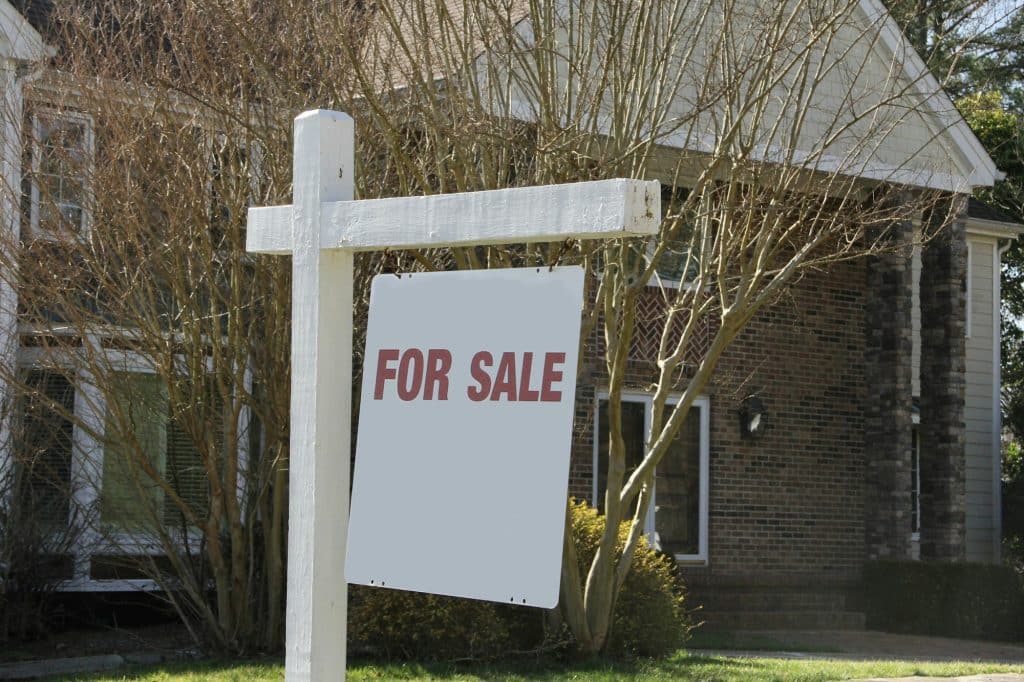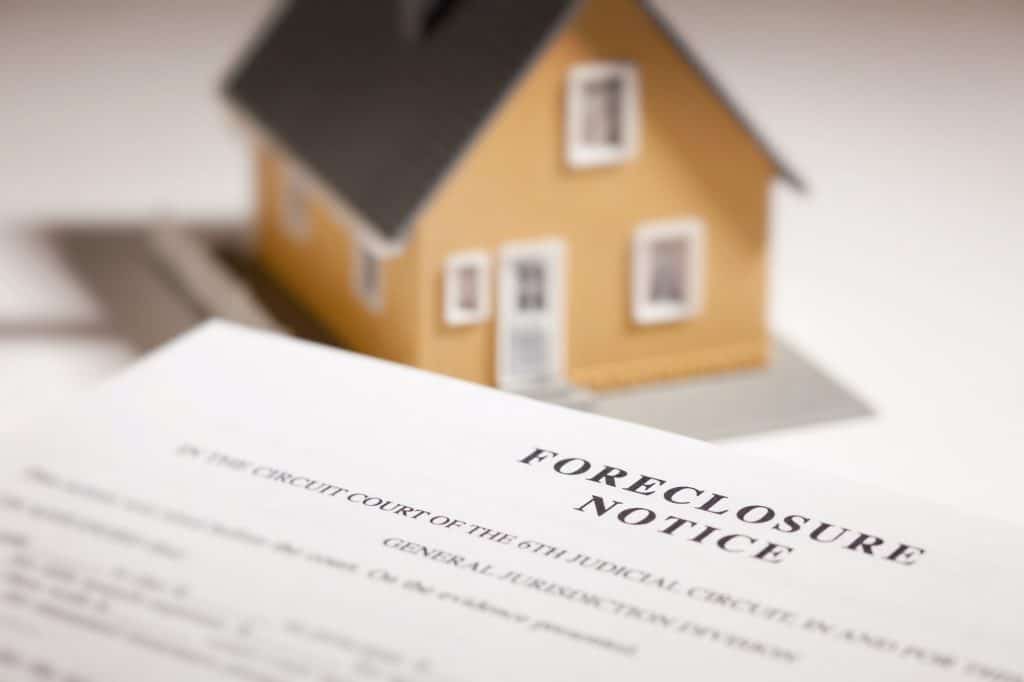COVID-19 has affected everyone in the world one way or another. Countless people in the world have experienced financial hardship or worse caused by the coronavirus. In the United States, the federal government signed the CARES Act into law on March 27, 2020 to offer financial relief which gave individuals financial relief and relief against foreclosure, among other things.
If you are facing financial distress due to COVID-19 it is important to know your rights regarding your mortgage. When banks lend money for mortgages, there are several programs they use which are backed by the United States Government. Approximately 70% of mortgages in this country are guaranteed by the federal government. Mortgages are backed by the United States Government through 3 different federal government agencies and 2 Government Sponsored Enterprises (GSE) which are pseudo-government entities. If your mortgage is backed by the federal government, then you have extra protections put in place by the CARES Act if you are facing financial distressed.
Can My Home Be Foreclosed on in 2020?
For the 70% of loans backed by the United States Government, the answer is NO you cannot be foreclosed in 2020. If you are facing a financial hardship, the CARES Act prohibits any mortgage backed by the United States Government to be foreclosed on prior to December 31, 2020. Not only that, but if you were current on your mortgage on March 1, 2020, then your loan servicer must report your mortgage as current to the credit bureaus.
What happens after December 31, 2020?
As mentioned above, there are 5 different government and pseudo-government agencies that guarantee mortgages. The answers for questions like what happens to the payments I missed and what if I need further relief vary for each one. If you are unsure what type of loan you have, call your loan servicer and they will tell you.
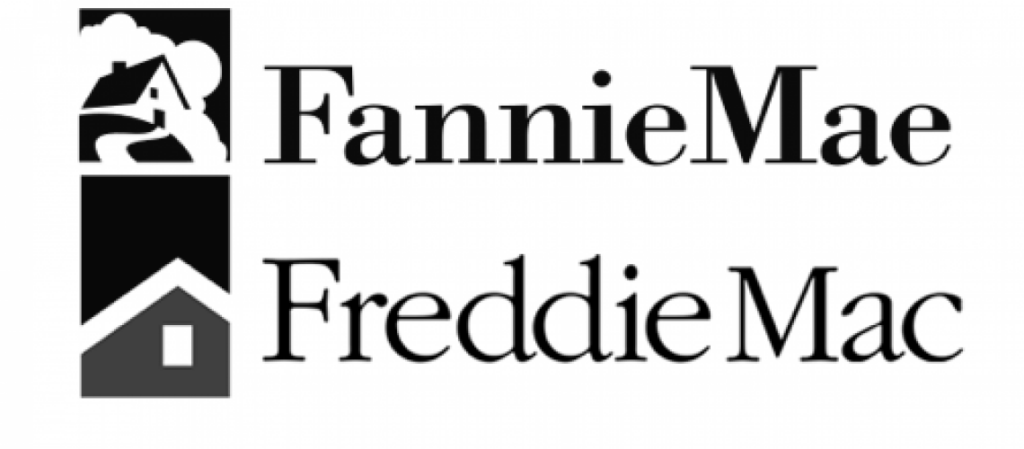
Let’s start with the two GSE’s, which are Fannie Mae and Freddie Mac. These are public companies that are guaranteed by the United States Government. They are not technically part of the federal government, which is why they are often referred to as pseudo-government entities. The bank that underwrites the mortgage does so under the guidelines of these companies, such as: debt to income ratio, credit score, job history, etc. They are called conforming loans because they conform to their standards.
If you were unable to make your loan payment on a Fannie Mae or Freddie Mac backed mortgage, your loan was automatically put into a 180-day forbearance. This was done automatically without any proof of hardship. Forbearance means the payments are postponed, not cancelled. If you are still facing financial hardship at the end of the initial 180-day forbearance period, you may request a second 180-day forbearance period for a total of a year. However, you must provide proof of hardship to qualify for the second 180-day forbearance period. At the end of your forbearance period, whether 180 days or 360 days, you must work out a repayment plan with your loan servicer for the missed payments. Typically, you will be allowed to spread the missed payments over time without penalty, but every situation is different.
If you went into forbearance because of hardship and your hardship is over, there is a COVID-19 Payment Deferral Plan. Under that plan, the missed payments will be added to the end of the mortgage without penalty. You will owe the payments in a lump sum when one of the following happens: you make your final payment, you sell the house, or you refinance the house. You must have been current on your payments on March 1, 2020 to qualify.
Next are the 3 United States Government Agencies that back mortgages. These are:
- FHA – Federal Housing Administration
- VA – Department of Veteran Affairs
- USDA – United States Department of Agriculture

FHA loans are popular among first time homebuyers or homebuyers with less than perfect credit. Under the FHA forbearance program, a borrower may enter a forbearance of up to 12 months. At the end of the 12 months, you may qualify for the FHA COVID-19 Standalone Partial Claim. Under this program, you are NOT required to make the forbearance payments in a lump sum or even spreading payments over a period of time. Rather, the FHA issues a junior lien, like a second mortgage, in the amount owed from missed payments. It is called a junior lien because it is secondary to your first mortgage. The junior lien has no interest or fees and is not payable until you sell your house.
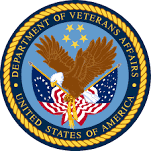
VA mortgages are for individuals who have served in the United States Military. A couple advantages of VA loans is a 0% down payment and the mortgages are assumable. Like the prior programs, you can enter into a forbearance of up to 12 months if you are facing hardship due to COVID-19. However, there are not as many options at the end of the forbearance period. You must work out a repayment plan with your loan servicer or enter into a loan modification agreement. A loan modification changes the terms and conditions of the current mortgage to include the missed payments. This could change the term length, interest rate, and/or payment amount.

USDA mortgages, which are typical in rural areas and covers farms, will issue an initial 12-month forbearance if you are facing hardship. At the end of the 12 months, if you are still facing hardship, you may apply for an additional 12-month forbearance, for a total of 2 years. At the end of the forbearance period, USDA is requiring loan servicers to either offer a loan extension or loan modification to cover the missed payments.
What Else?
One thing to consider is your escrow account. Typically, a portion of your mortgage payment goes into an escrow account monthly to cover property tax and insurance. Because you are not paying into your escrow account, you will be negative in your escrow account after property tax and insurance are paid for 2020. This will cause your total payment to go up in 2021 because you must catch up that negative balance. For example, if $200 of your mortgage payment goes into escrow and you miss 6 months of payments, then you only pay $1,200 into your escrow account instead of $2,400. In 2021, the shortfall of $1,200 is spread over 12 months, which is an additional $100 per month. In this scenario, your mortgage payment goes up by $100, with $300/month going into your escrow account instead of $200/month. Just something to keep in mind that your payments will go up in 2021 because of the escrow shortfall if you did go into forbearance.
The bottom line is if you are facing a financial hardship due to COVID-19, communicate with your loan servicer. Most of the initial forbearances can be applied for verbally over the phone and without proof of hardship. Regardless, if you are loan is backed by the federal government, then your home cannot be foreclosed on before December 31, 2020, and even longer if you take the proper steps. But again, proper communication is key to ensure you get all the relief available to you.
